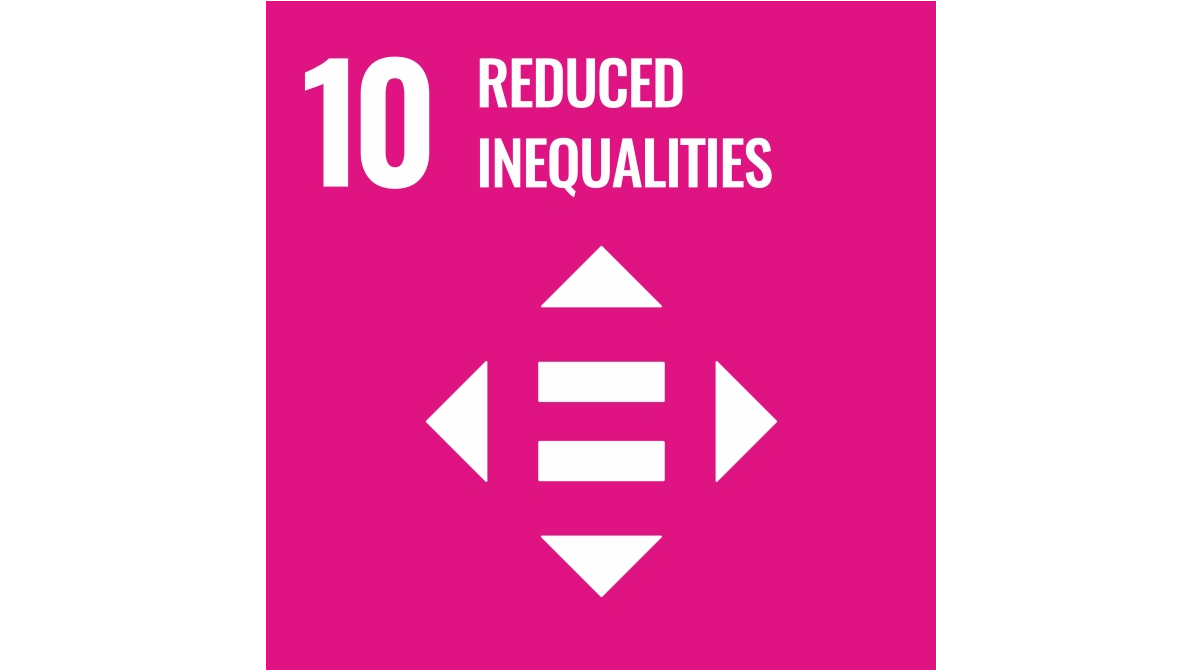Solutions to challenges related to climate mobility through the HUMANE-CLIMATE project
Tampere University’s SPARG (Space and Political Agency Research Group) research group is involved in the HUMANE-CLIMATE research project (1 September 2022–31 August 2026), which is leveraging critical pedagogy and climate activism to respond to the topical challenges presented by climate mobility with the aim of supporting equitable encounters within the ‘humanitarian boundary.’ The empirical research will take place in Athens and Tampere. The research identifies climate citizenship as a phenomenon which can only be understood by young people if they are provided with non-territorial perspectives into climate change and the cross-border nature of forced migration.
The HUMANE-CLIMATE project also contributes to the following SDGs: 13, 16, 17.
Read more about the HUMANE-CLIMATE project.
A doctoral thesis on native language teachers as promoters of linguistically and culturally responsible education
PhD candidate Maija Yli-Jokipii conducts research in which the framework (linguistically and culturally responsible pedagogy) and subject (the native language education of multilingual students and the teachers providing it) seek to build a more equal and socially sustainable education system. In her research, Yli-Jokipii gives a voice to a minority that has so far not been hear in Finland: multilingual and immigrant teachers.
The research also contributes to the following SDGs: 4, 17.
Research on comics as a tool for accessibility and access to rights
The projects of Tampere University’s Sarjis research group examine whether or not a comic-style document can be more understandable than a text document. The documents themselves are related to social welfare and elderly services. The target groups of the comic-style documents are people who, for one reason or another, find it difficult to understand written (official) language. The group includes PhD candidate Mira Kainulainen, whose doctoral thesis approaches the subject from the perspective of intersemiotic translation, i.e. translation between sign systems. The purpose of the project is to increase equality.
The Sarjis research group also contributes to the following SDGs: 3, 16.
The Intersectionality in Research Network InReNet was established to bolster an intersectional approach to research and education
The Intersectionality in Research Network (InReNet) is a multidisciplinary operating forum for the researchers and students of Tampere University. The network studies and develops intersectionality as a theoretical approach and research practices that have a strong connection to the activism of marginalised groups and the equality efforts conducted by authorities and non-governmental organisations.
The network has organised workshops for teachers covering the decolonisation of education. In 2022, the network also organised its first international symposium ‘Intersectionality beyond Eurocentrism’ at which the keynote speakers were from Asia, Africa and the Caribbean.
The InReNet network also contributes to the following SDGs: 1, 3, 4, 5, 8, 16, 17.

